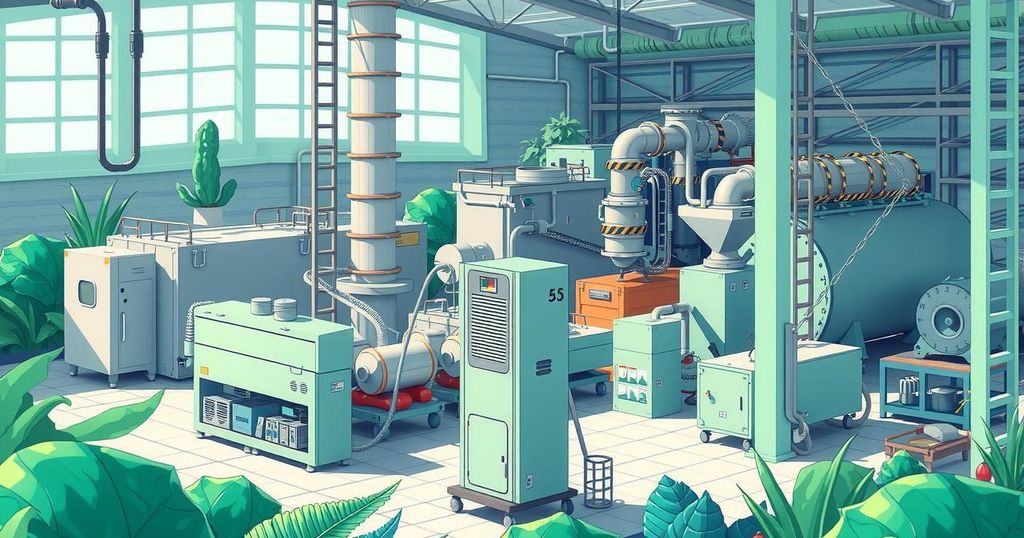JBS is set to invest $100 million in constructing two factories in Vietnam to boost production of beef, pork, and poultry. The project aims to supply both the Vietnamese market and other Southeast Asian countries. The partnership with the Vietnamese government aligns with local development goals, albeit amid concerns regarding past controversies related to labor and the environment. The initiative is expected to create around 500 jobs and enhance local skills.
On March 31, Brazilian meat processor JBS announced a $100 million investment for the construction of two factories in Vietnam. This strategic move is aimed at enhancing JBS’s presence in the region and solidifying its standing in the global market. With more than 600 operations across five continents, including over 70,000 employees in the United States, JBS is committed to expanding its reach.
The new facilities will manufacture beef, pork, and poultry products, primarily utilizing raw materials imported from Brazil to cater to the Vietnamese market as well as other Southeast Asian countries. While this investment aligns with Vietnam’s socioeconomic development objectives, it has attracted scrutiny due to JBS’s previous labor and environmental controversies.
The investment was formalized through a memorandum of understanding with the Vietnamese government, specifically through the Northern Investment Promotion, Information, and Support Centre and Sao Do Group, which manages the Nam Dinh Vu Industrial and Non-Tariff Zone in Haiphong. This initiative seeks to enhance local production and improve Vietnam’s role in the international meat market.
Renato Costa, president of JBS’s subsidiary Friboi, emphasized the company’s dedication to sustainable growth in the region. “The new factories in Vietnam will not just expand our production capacity but represent an investment with a purpose: to create value for the local economy, generate skilled jobs, and contribute to food security across Southeast Asia,” he stated, reiterating their focus on innovation and sustainability.
The first phase of the project will be located in Nam Dinh Vu Industrial Park and will include a logistics center featuring storage, pre-processing, cutting, and packaging capabilities. Following this, the second phase, set to commence two years post the operation of the first unit, will establish similar facilities in southern Vietnam, including a logistics center and processing plant.
Costa discussed the importance of the partnership formed with Vietnam, saying it represents a strategic move for geographic diversification. “This move not only strengthens our ability to serve the local market but also expands our global presence, creating a robust and sustainable supply chain that positions us even more competitively in the international market.”
With the establishment of these two factories, JBS anticipates the creation of approximately 500 jobs. Additionally, they plan to implement technical training programs and facilitate technology transfers for Vietnamese workers, thereby contributing significantly to the development of the country’s productive sector.
In conclusion, JBS’s $100 million investment in Vietnam underlines its ambition to strengthen its position in the global market while also supporting local economic growth. By establishing manufacturing plants focused on beef, pork, and poultry products, JBS aims to enhance food security and create skilled jobs in the region. However, this expansion comes with the need to address past controversies related to labor practices and environmental issues. The collaboration between JBS and the Vietnamese government is a critical step towards achieving a sustainable and competitive supply chain.
Original Source: www.agdaily.com




